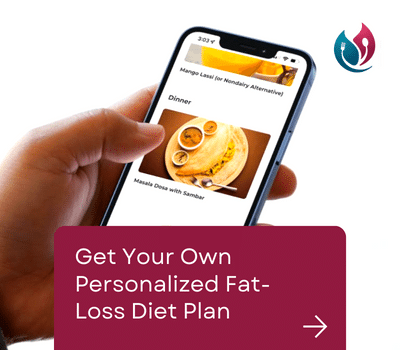For too long, we have dealt with a toxic culture that favors a thin ideal. People have taken desperate and dangerous measures to achieve it. People have suffered for it. The thin ideal has racist and classist roots to it. So, it is no surprise that a body positive movement is underway. But, does being body positive mean that you can no longer desire to lose weight?
What is Body Positivity?
Being body positive means that you appreciate and love your body the way it is. Some extend this to the belief that any change to the body should be rejected. Because if you desire to change your body, how can you love and accept it?
But, body positivity is a bit more complicated than that. You can love and appreciate your body for how it looks but still want or even need to change some aspect of it. You can want to change it not because of how it looks, but for another reason. Feelings about your body are not one-dimensional. They encompass feelings related to self-image, identity, sexuality, and health.
Losing Weight for Health, Not Appearance
What if you desire to lose weight not for your appearance, but to improve some aspect of your health? As an extreme example, what if you had advanced form of breast cancer that required a mastectomy? Having the breast removed doesn’t mean you dislike your breast, or that you aren’t body positive. In fact, wouldn’t taking care of your body and keeping it healthy affirm body positivity?
Having excess body fat that negatively influences health is called obesity. The health risk that comes with obesity could be a current issue. Or it could be that obesity is influencing your risk of later health complications. Obesity is no longer defined by weight for a given height, or by body mass index (BMI). Certain fat distributions in the body, and having a high percentage of your body made of fat, is what causes poor metabolic and physical health. Those factors matter for health regardless of how much you weigh or what your BMI is.
Weight Loss for Health is Not a Fitness Ad
The toxic nature of a thin ideal is rooted in the mistaken idea that everyone can be thin if they try hard enough. And that everyone owes it to themselves and others to do whatever it takes to be thin. It’s a moral imperative, even. For the sake of appearance, conformity, and acceptance.
These concepts are toxic, untrue, and should be actively fought against in society. But, these methods and concepts have nothing to do with weight loss for health. The thin ideal is about aesthetic. Weight loss for health is about achieving health, not an aesthetic. And that is a really important difference.
When someone with severe obesity tries to achieve the thin ideal, it can take extreme measures. It is against the physiology of someone with obesity to be very lean. To achieve that, unsustainable and dangerous habits are sometimes required. The poor nutrition and excessive exercise involved can negatively impact health. This is why weight loss for the sake of a specific, very lean look is not a good idea for everyone.
But weight loss for health looks very different, if done right. It involves an improvement in nutrition in a sustainable way. And a healthy amount of exercise that fits within a lifestyle without disrupting it. It includes an improved relationship with food. These changes can create about 5–10% of body weight loss. That is enough to experience improvements in health. Examples include reduced joint pain, fatigue, cardiovascular risk factors, and improved insulin sensitivity.
Losing 5–10% of body weight improves health, but it may or may not have a very large impact on appearance. Everyone loses weight from different places. So it is difficult to predict exactly how weight loss will change appearance. But, losing weight for health is different than aiming for a toxic thin ideal with methods that can hurt you.
Exploring Mixed Feelings
A desire to lose body fat for health is complicated by the fact that body fatness is linked with appearance. Losing body fat can change your appearance. If you love the way your body looks, it may be a very emotional decision to change it.
When any health issue is addressed, there are always side effects of the treatment. Sometimes those side effects are physical. Sometimes they are in the more socio-emotional realm. The individual must weigh the pros and cons for themselves. The individual should feel like the benefits outweigh any downsides. And their decision, one way or the other, should be respected.
Dichotomies are Harmful
There is discourse that says if you lose weight, you are supporting the toxic thin ideal. Rejecting weight loss of any kind is a way of fighting back. On the other hand, there are people that say if you don’t lose weight, you are “glorifying obesity”. That you are harming yourself and setting a bad example. But these opposite views, like partisan politics, do not reflect anyone’s truth. Dichotomies like this in society are harmful to those whose truth lies somewhere in the middle. Those who are just trying to navigate the waters.
If someone suggesting you have to choose between losing weight and being body positive, it’s okay to tune that out. Likewise, if someone is trying to make you feel like you must lose weight because it’s a moral imperative, it’s okay to tune that out also. This issue is not clear-cut, and involves personal priorities and realities.


